It’s been 15 years since 9/11 – my generation’s Pearl Harbor and another day in American history that will “live in infamy.”
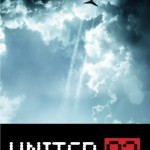 Many, including myself, are reflecting today on the horror that created heroism out of the ashes of Ground Zero, the Pentagon and the fields in Shanksville, Pennsylvania. (I just watched the amazingly moving film United 93 on the History Channel – thank you for making your programming all day today about remembrance of 9/11).
Many, including myself, are reflecting today on the horror that created heroism out of the ashes of Ground Zero, the Pentagon and the fields in Shanksville, Pennsylvania. (I just watched the amazingly moving film United 93 on the History Channel – thank you for making your programming all day today about remembrance of 9/11).
But there is another group who deserves our praise and support – a group who had no choice in their role and who were the unwitting recipients of the fall-out of the World Trade Center (WTC) attacks: caregivers.
Since that beautifully sunny day in New York City 15 years ago, beyond the almost 3,000 families who lost loved ones in the attacks, the dark shadow of death has visited more than 1,000 families. These were not the more than 3,000 victims trapped inside the burning, collapsing Towers and explosion at the Pentagon or in the downed United 93 airliner – these are the post-9/11 deaths linked to environmental hazards from “the pile” at Ground Zero.
Many of the first responders – those firefighters, police officers, Port Authority officers, sanitation workers and other survivors – who worked endless hours amidst the dust and debris that became the gaping hole in New York’s Wall Street district have since been suffering from respiratory and pulmonary problems, gastrointestinal problems, PTSD and even cancers from the toxic dust cloud that enveloped the city. In 2011, the National Institute of Safety recommended more than 50 types of cancer be covered for 9/11 responders through the World Trade Center Health Program.
According to an ABC News report, “Those who worked at the WTC site seem to be at increased risk of cancer, especially thyroid cancer, melanoma and lymphoma. According to a study released of nearly 10,000 New York firefighters (half of whom worked at the WTC site), those from the site are 32 percent more likely to have cancer.”
You can read my 9/11 15th Anniversary article for PBS Next Avenue here.
Since I view America’s family caregivers as the first responders in the health care and long-term care crisis in this country, here are my thoughts on how to prepare to care in any disaster:
Never fail to communicate
One of the Monday morning quarterback elements of September 11th was the appalling breakdown of communication between the various agencies established to safeguard our citizens. Communication breakdown can also occur when you face a family caregiving situation.
Sensitivities to having those uncomfortable conversations about long-term care with your loved one, denial our loved one is ailing or declining, lack of communication or agreement between family members involved can all lead to a lack of unpreparedness.
This puts us in a similar situation as the first responders for 9/11 – dealing with a crisis. By having the conversation with your loved one and other family members prior to the crisis, you can then have a plan in place to take some of the stress out of the situation and make your caregiving journey Iess fraught with emotional fall-out.
What is so inspiring about the reaction to September 11th was the spirit of Americans to put aside their differences, their selfish needs and care for strangers during a time that connected all of us.
When it comes to caring for a loved one, many caregivers have told me they feel like they are “all alone.”
What 9/11 taught us is we are not alone – we are in this together. Not only are you one of 65 million caregivers, but there are family, friends, neighbors, co-workers who can help you in your caregiving responsibilities.
Connect with your social network on tasks they can help you with – it will take some of the burden off of your shoulders, help you avoid the typical caregiver “burn-out” and give you the resolve and stamina to continue to care for your loved one. Two of the online communities that help connect circles of care for caregivers are Lotsa Helping Hands and CaringBridge. Both sites provide a place for caregivers to receive help from volunteers and post information about their loved one. Lotsa also has communities dedicated to veterans, Alzheimer’s and other types of caregivers working with more than 50 non-profit partners.
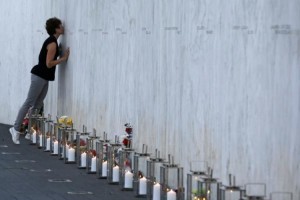
A visitor kisses the memorial wall at Shanksville, PA – site where the first 9/11 Citizen Heroes – the crew and passengers of United Flight 93 -took on their attackers
Messages of love
One of my favorite movies, Love Actually, opens with a wonderful story about how the terrorists of 9/11 sought to create hatred and divide us when in actuality they brought us together as one nation and one world. All the messages on 9/11 to friends, family and even the heroes on the plane United Flight 93 to their loved ones before they took on their hijackers – were about love. Love does have the power to conquer evil – we have seen it firsthand.
When it comes to caring for a loved one who is ill, aging or has a disability, there are many feelings: concern, sadness, confusion, anger, frustration, guilt, helplessness, exhaustion. What is amazing to me is in the face of all these complicated emotions, the one that stands out, the one that almost all the caregivers I have worked with express is, “I do this out of love.”
There is something rewarding about being a caregiver and the ability to show and give love is one of the most powerful and life-affirming experiences we can experience.
Take time to communicate your message of love and come together with those you care about. And if you know a family caregiver or anyone touched by September 11 – give them a hug or a call today and just say, “Thanks.”
©2016 Sherri Snelling

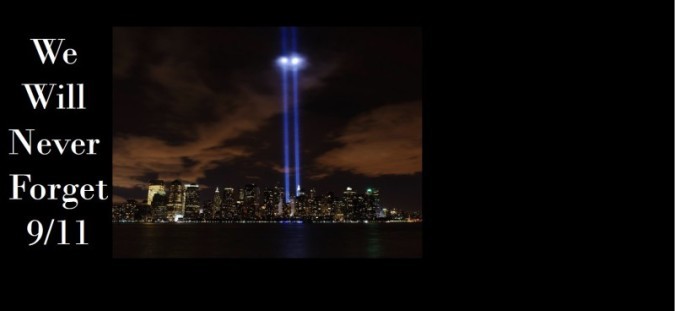
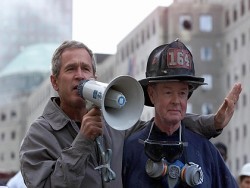
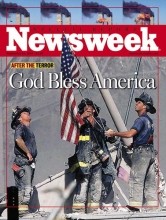
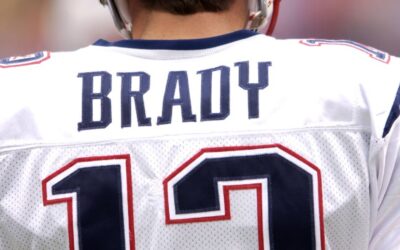

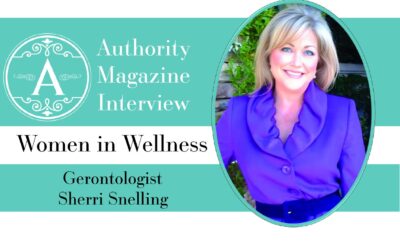
0 Comments